
By Ing. Benjamin OWUSU
One of the main contributions of ICAO to the Airline Industry is regulating the air transportation between states or countries. This is based on the freedoms of the air and bilateral agreements between states or countries which are negotiated agreed and documented frequently.
What is a Bilateral Agreement?
A Bilateral Air Transport Agreement or a Bilateral Air Service Agreement (abbreviated ATA or ASA) is an agreement which two states or countries sign to allow International Commercial Air Transport Services between their territories.
What are the Freedoms of the Air?
Freedoms of the Air are economic and diplomatic protocols agreed by States or Countries for the commercial flow of revenue traffic by air.
They are not to be confused with State Civil Aviation Regulations and ICAO Standard and Recommended Practices (SARPS)
There are nine basic “Freedoms of the Air”. These Freedoms or “Rights” are only valid when the States or Countries involved sign the appropriate bilateral or multilateral agreements.
While there are only five freedoms of the air defined in the Chicago Convention, several additional have been defined by a number of States or Countries within bilateral agreements though not officially recognised by the International Treaties.
| Freedoms of the Air | Definitions |
| 1st – 5th Freedoms of the Air | They are defined in the ICAO Chicago Convention in 1944 and officially recoginised by ICAO by the International treaties. |
| 6th – 9th Freedoms of the Air | Not officially recognised by ICAO but are based on bilateral agreements among States or Countries and granted under certain exceptional circumstances.
ICAO classified these freedoms of the Air as “so – called”. |
Bilateral Agreements, Freedoms of the Air and Aviation Activities in Ghana
Freedoms of the Air apply to commercial aviation. The terms “Freedom” and “Right” are referring to the type of international services permitted between two or more states or countries. Even when such services are allowed by States or countries, airlines may still face restrictions to accessing them by the terms of treaties or for other reasons.
| Freedom | Description | Example | |
| 1st |
Right or Privilege to transit without landing (Overflying) |
The right or privilege to fly across the territory of another state or country without landing (Overflying) | (1) Air Mali flight from Bamako, Mali to Cotonou, Benin flying over Ghana.
(2) Air Algeria flight from Algeria to Abidjan, Cote D’Ivoire flying over Ghana. |
| 2nd |
Right or Privilege of non – traffic stop (Technical Stop) |
The right or privilege to make stops in the territory of another state or country to carry out refuelling or maintenance without embarking or disembarking passengers or cargo. | (1) Emirates flight from Dubai to Sao Palo, Brazil, stopping for fuel in Accra, Ghana.
(2) Qatar Airways flight from Doha to Sao Palo, Brazil stopping for fuel in Accra, Ghana.
(3) Delta Airlines flight from South Africa to the United States stopping for fuel in Accra, Ghana
(4) British Airways flight from Johannesburg, South Africa to London, UK stopping for fuel in Accra, Ghana. |
| 3rd |
Right or Privilege to transport from Country A to Country B. |
The right or privilege to fly from one’s own country to another country.
Or
The right or privilege to put down in the territory of another state or country traffic (passengers, cargo and mail) uplifted from the home country. |
(1) A flight from Accra, Ghana to Abuja, Nigeria flown by a Ghanaian Airline; Africa World Airlines (AWA).
(2) A flight from Accra, Ghana to Lagos, Nigeria flown by a Ghanaian Airline; Africa World Airlines (AWA).
(3) A flight from London, UK to Accra, Ghana flown by a British Airline; British Airways.
(4) A flight from Nairobi, Kenya to Accra, Ghana flown by a Kenyan Airline; Kenya Airways.
|
| 4th |
Right or Privilege to Transport from Country B to Country A. |
The right or privilege to fly from another country to one’s own country.
Or
The right or privilege to uplift traffic from a foreign country to the home country. |
(1) A flight from Abuja, Nigeria to Accra, Ghana, flown by a Ghanaian Airline; Africa World Airlines (AWA).
(2) A flight from Lagos, Nigeria to Accra, Ghana flown by a Ghanaian Airline (Africa World Airlines).
(3) A flight from Accra, Ghana to Nairobi, Kenya flown by a Kenyan Airline (Kenya Airways).
(4) A flight from Accra, Ghana to London, UK flown by a British Airline (British Airways). |
| 5th | Right or Privilege to carry traffic between foreign territories. |
The right or privilege to fly between two foreign countries on a flight originating or ending in one’s own country.
Or
The right or privilege to uplift between (both ways) two foreign countries. |
(1) A flight from Lome, Togo to Abidjan, Cote D’Ivoire, with a stop in Accra, Ghana flown by a Togolese Airline (ASKY).
(2) A flight from Nairobi, Kenya to Abidjan, Cote D’Ivoire, with a stop in Accra, Ghana flown by a Kenyan Airline (Kenya Airways).
Passengers/Cargo can disembark or embark the ASKY and Kenya Airways flights in Accra Ghana. |
| 6th |
This is a combination of the 3rd and 4th Freedoms |
The right or privilege to fly from a foreign country to another while stopping in one’s own country for non-technical reasons.
Or
The right or privilege to fly between two places in a foreign country while stopping in one’s own country for non-technical reasons. |
(1) A flight from Accra, Ghana to Abuja, Nigeria while stopping at Lome, Togo flown by a Togolese Airline (ASKY).
(2) A flight from Accra, Ghana to Guangzhou, China while stopping at Dubai flown by Emirates.
This freedom is especially utilised by network passengers between two foreign countries with a stop in their own country |
| 7th |
“Variation” of the 5th Freedom and sometimes called “Stand-Alone” Cabotage that provide International Services between two foreign countries. |
The right or privilege to fly between two foreign countries where the flights do not touch one’s own country.
This freedom gives an airline the possibility to operate flights between two foreign countries without connecting to its home airport or country. |
No airline in Ghana is operating under the 7th freedom.
This is most common in Europe because European Union maintains a Single Aviation Market.
(1) A flight between Paris, France and Stockholm, Sweden flown by an Irish Airline (Ryanair).
|
| 8th |
Right of Consecutive Cabotage.
This is a combination of 3rd Freedom and Local Traffic Cabotage.
|
The right or privilege to fly inside a foreign country, having started from or continuing to one’s own country.
This refers to the possibility that an international flight, once landed in the destination country, continues to operate an internal (cabotage) service within that same country. |
No airline in Ghana is operating under the 8th freedom.
(1) A flight between Manchester, UK and Gatwick, UK flown by Emirates having started from Dubai.
|
| 9th |
This is a “Stand-Alone” Cabotage or Autonomous Cabotage. |
The right or privilege to fly within a foreign country without continuing to one’s own country. |
(1) In 2011, NHV Ghana engaged a South African Airline (Solenta Aviation) to operate Beechcraft B1900D Aircraft between Accra and Takoradi for Tulow Oil Ghana. |
Ing. Owusu is the CEO – Carwley Aviation Consult, Accra
The post Bilateral agreements, freedoms of the air and aviation activities appeared first on The Business & Financial Times.
Read Full Story
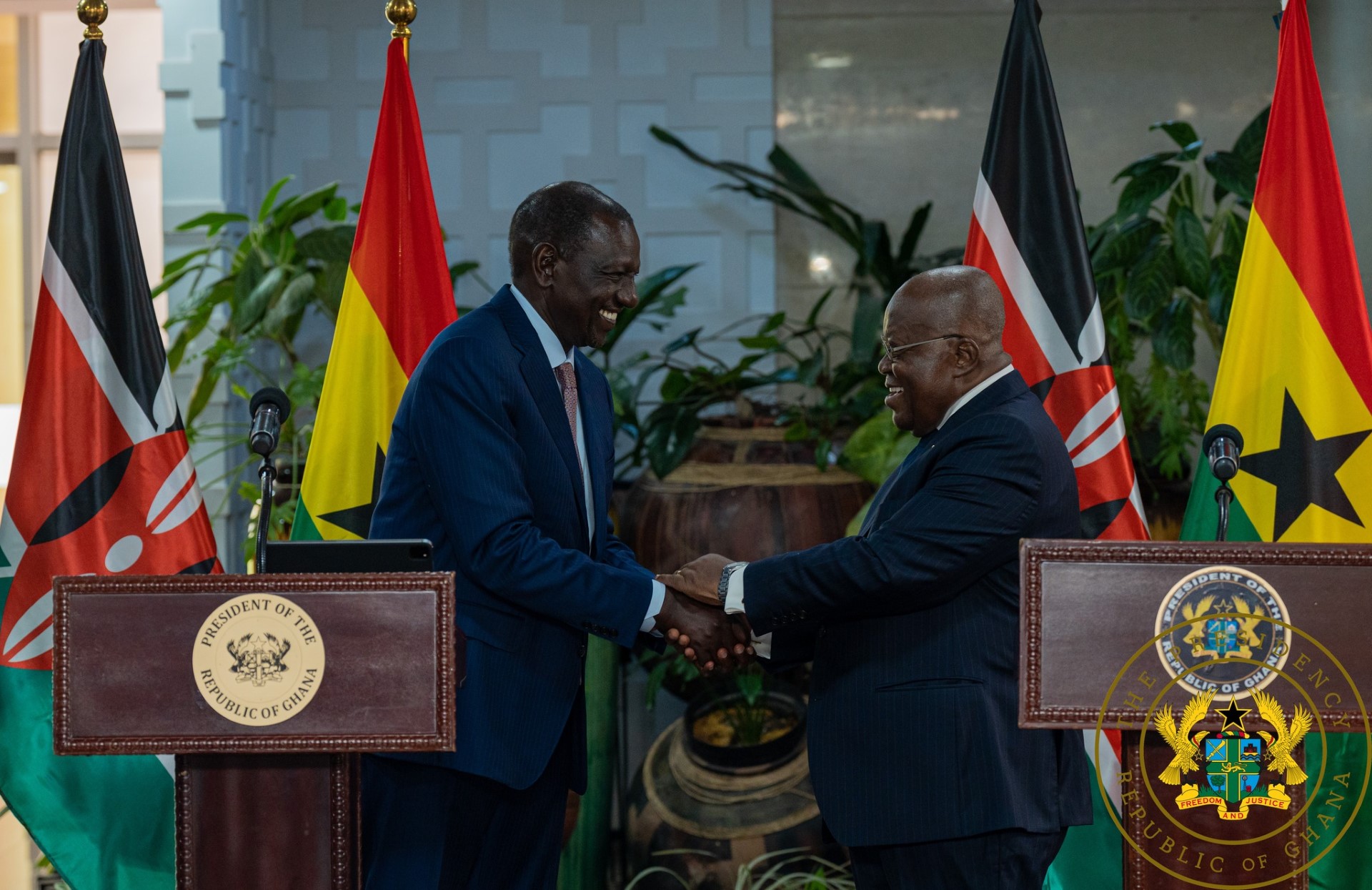

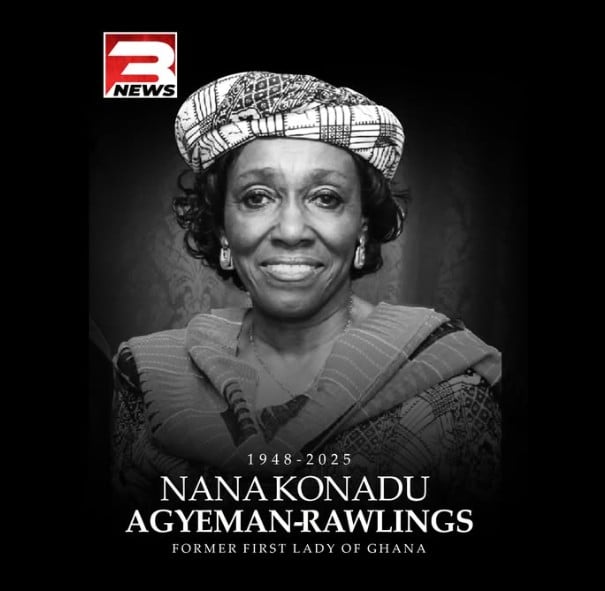
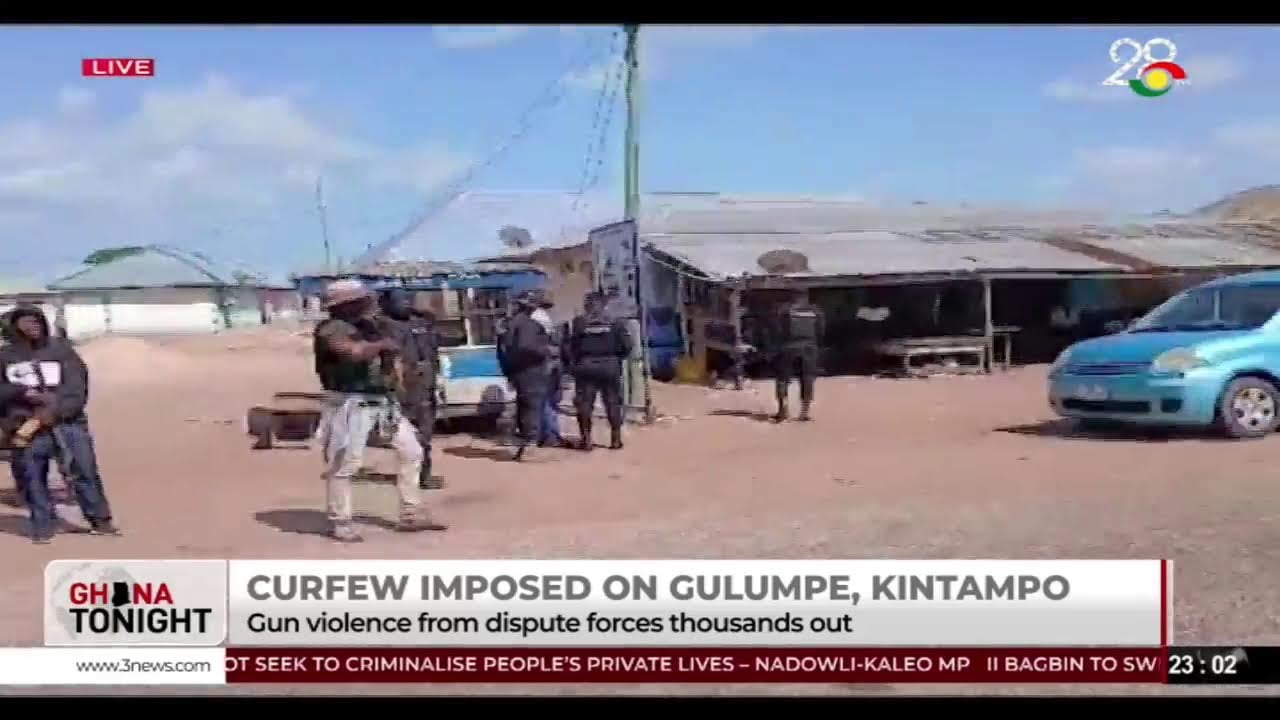
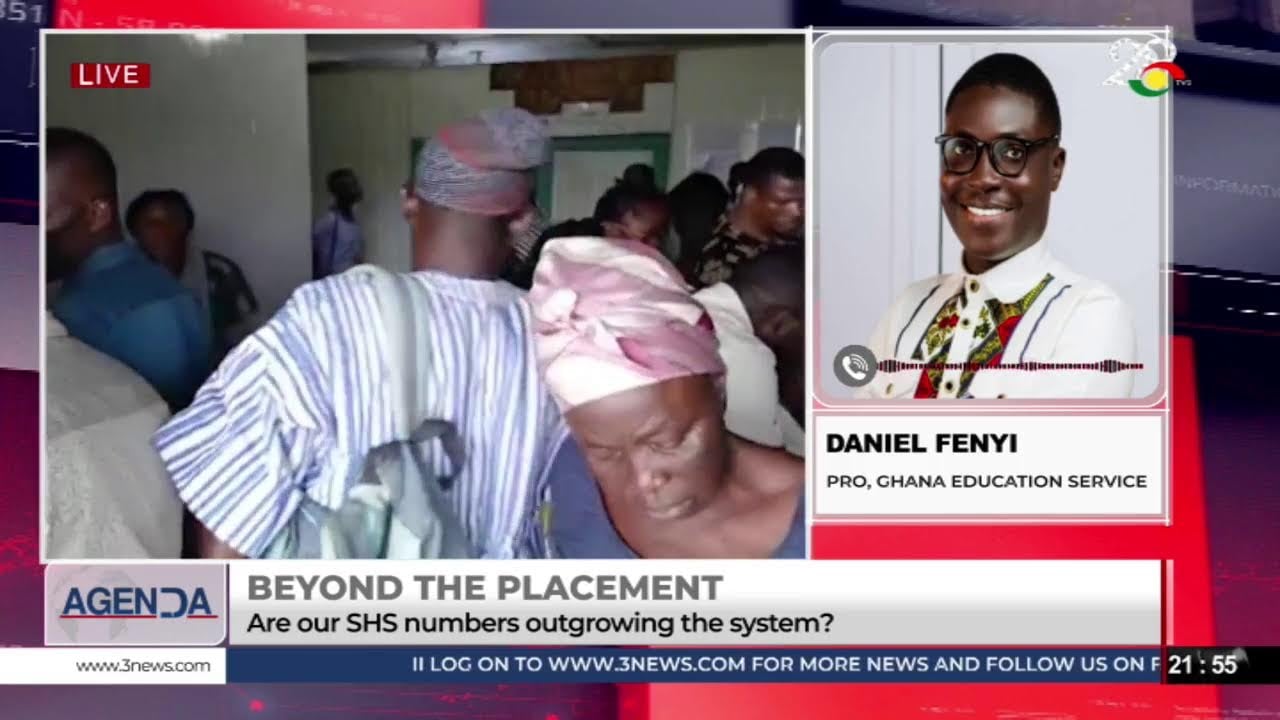

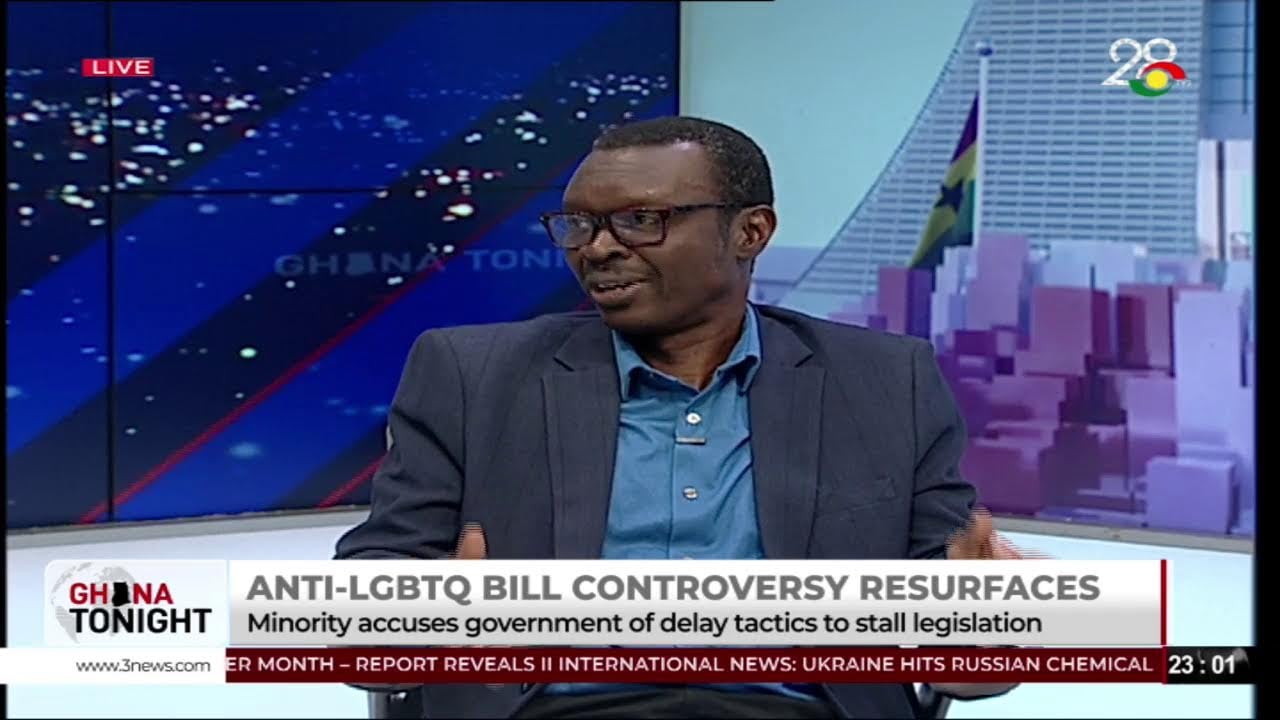

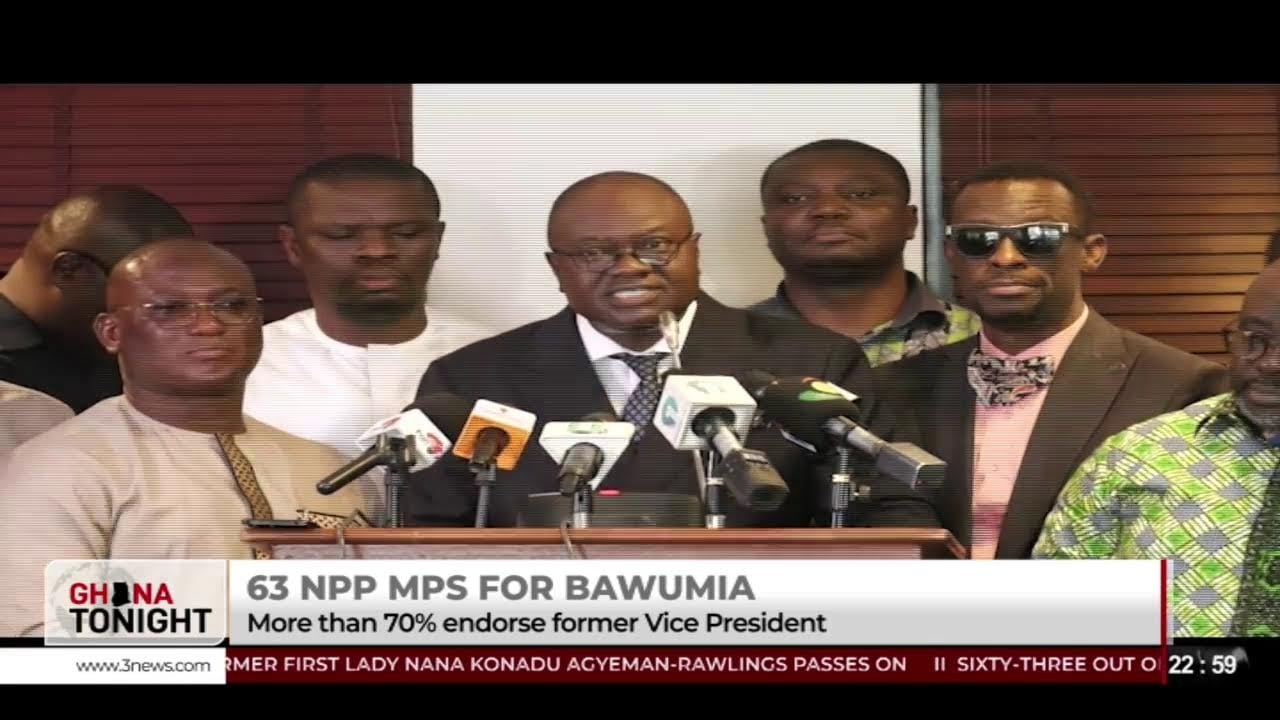







Facebook
Twitter
Pinterest
Instagram
Google+
YouTube
LinkedIn
RSS